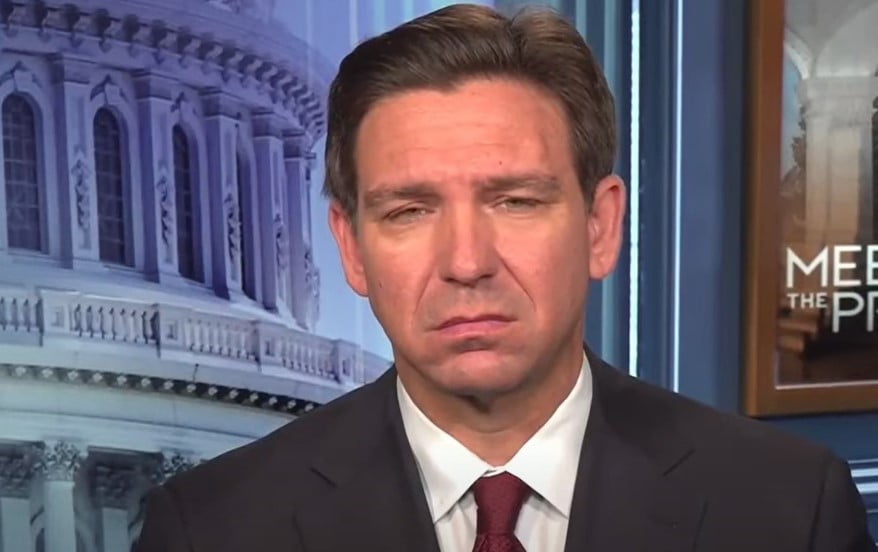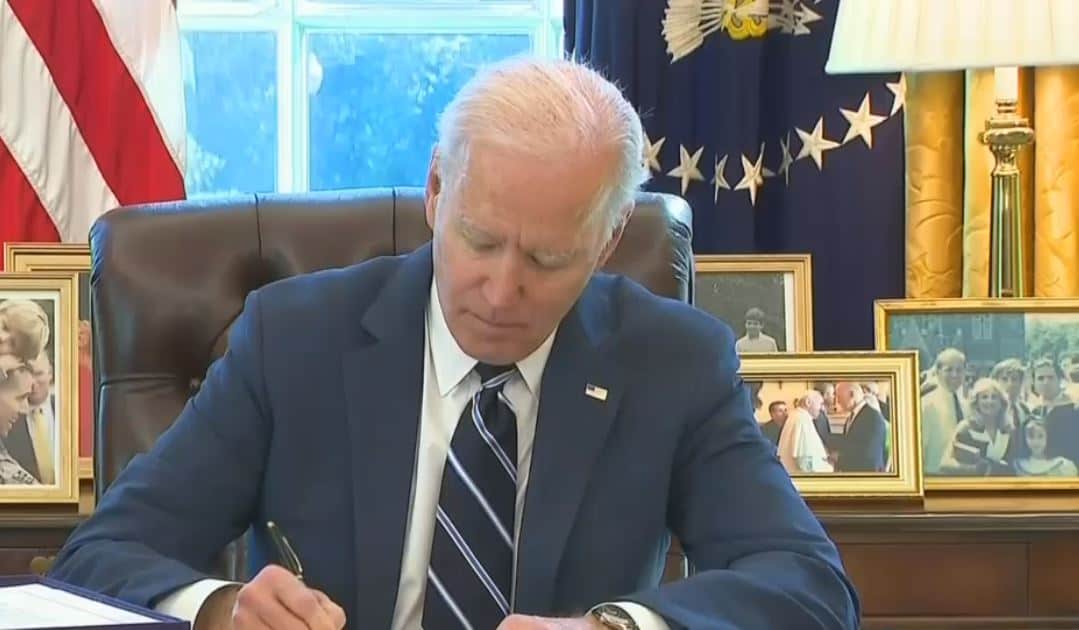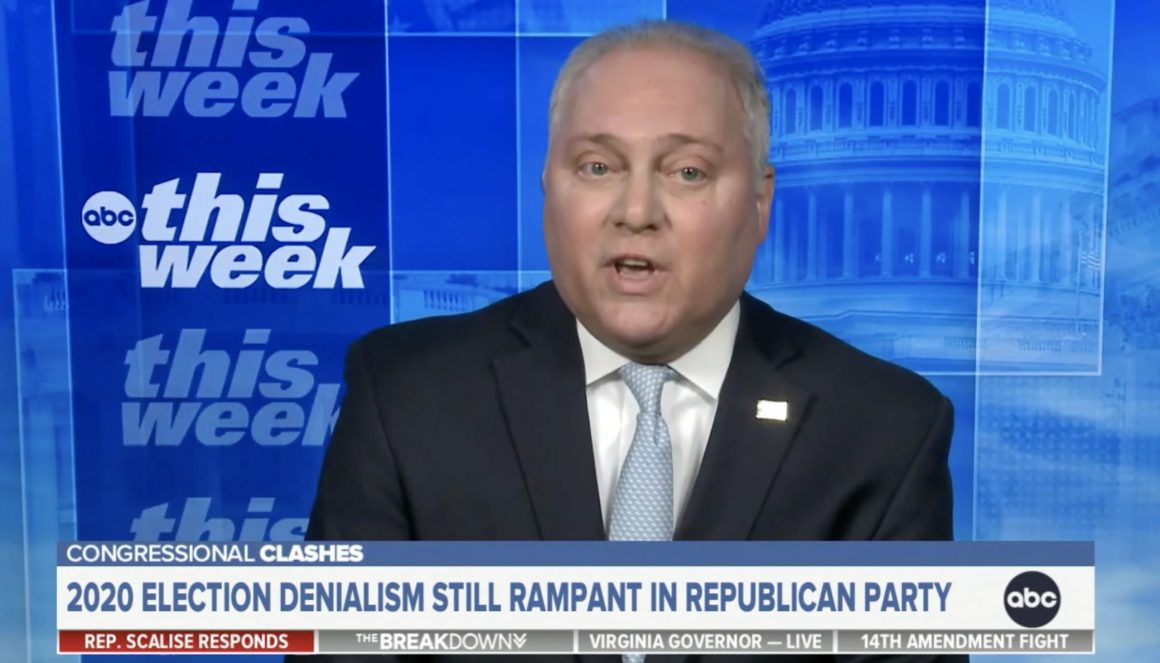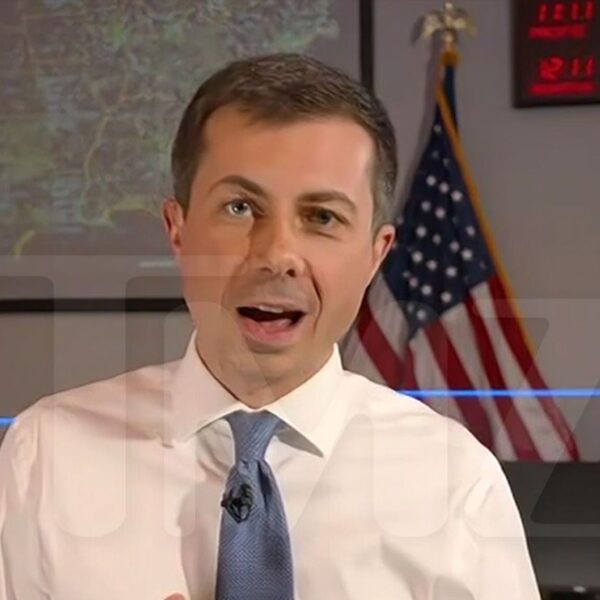
Bolivia’s economic crisis has reached a critical stage, with the most vulnerable sectors, including chronic patients who depend on essential medications, being severely impacted. The skyrocketing prices of medications, driven by the shortage of dollars in the country, have put the lives of thousands at risk, as many can no longer afford the drugs they need.
#Visión360 | Los medicamentos para enfermos crónicos en Bolivia suben de precio por la crisis económica#Bolivia #Saludhttps://t.co/s2XisoNADE
— Visión 360 (@vision360_bo) August 13, 2024
Medications for Chronic Patients in Bolivia Increase in Price Due to Economic Crisis
Since 2023, Bolivia has been grappling with a worsening currency crisis, making it increasingly difficult to import essential supplies and medications. The dollar shortage has directly affected the pharmaceutical sector, driving up medication costs due to rising banking fees and delays in international payments. This financial uncertainty has led foreign suppliers to consider suspending shipments to Bolivia.
The impact of the crisis extends beyond limited dollar liquidity and fuel shortages, affecting vulnerable groups such as chronic patients, who have seen sharp increases in the prices of their medications in recent weeks. They now face a race against time to secure the treatments they need. For instance, the price of essential chemotherapy drugs like saline and vitamin K has emerged significantly. Saline, which cost 6 bolivianos a few weeks ago, is now priced at 9 bolivianos per bottle, while vitamin K has increased from 8 to 12 bolivianos per capsule.bolivianos per capsule.
Reported by a Bolivian outlet:
Susana Zuazo, the secretary of oversight for the Bolivian Association of People with Cancer and Their Families, confirmed that the Unified Health System (SUS) is currently unable to supply several critical medications, forcing patients to purchase them independently at high costs. “We are facing a difficult time because several medications that SUS covers have run out,” she explained.
Key cancer medications like cisplatin and tamoxifen have also seen dramatic price hikes. Cisplatin, used for treating uterine cancer, has become significantly more expensive, while tamoxifen, crucial for breast cancer treatment, is increasingly scarce and costly, worsening the situation for patients in critical stages.
The Bolivian Daily cites this issue:
The Bolivian Pharmaceutical Industry Chamber (Cifabol) and the National Association of Importers and Distributors of Pharmaceuticals (Asofar) have raised alarms about the situation, warning that without immediate intervention, there could be a widespread shortage of medications. These organizations have urged the government to act urgently to ease banking operations and reduce fees, which have become unsustainable.
This situation highlights a deeper structural crisis in Bolivia’s economy. Despite government claims of low inflation and unemployment rates, the reality is that Bolivians are struggling to access basic goods, including medications. This disconnect between macroeconomic indicators and the daily hardships of the population underscores the failure of current economic policies.
The crisis has been exacerbated by the depletion of Bolivia’s international reserves, which has weakened the government’s ability to support the national currency and make payments in foreign currencies. Contributing factors include a negative trade balance, declining exports, and growing external debt. The drop in commodity prices, particularly natural gas, a key export, has significantly reduced the country’s revenue.
Bolivia afronta falta de dólares y subida del coste de la vida
El país sufre escasez de dólares, lo que dificulta importaciones de productos de primera necesidad, como combustibles y medicamentos. /ic pic.twitter.com/9PbOndIsje
— DW Español (@dw_espanol) June 30, 2024
Additionally, poor economic management has led to a series of failed measures aimed at stabilizing the economy. The government’s attempts to control the exchange rate and maintain the value of the boliviano have backfired, eroding confidence in the local currency and pushing citizens and businesses to hoard dollars, worsening the shortage. This dollar scarcity has made imports more expensive and difficult, affecting the availability of essential goods, including medications.
President Luis Arce’s economic policies, which follow a socialist model similar to that of his predecessor Evo Morales, have proven ineffective in addressing the country’s economic challenges. By maintaining strict control over the exchange rate and the economy, Arce’s government has drained Bolivia’s international reserves, reducing its ability to import essential goods. The result has been a severe impact on the pharmaceutical sector, with rising medication costs endangering the lives of chronic patients who rely on these drugs for survival.
Efforts to control the prices of medications and other goods have failed, instead creating a black market and increasing scarcity. Citizens are now forced to pay exorbitant prices for products that were once affordable. This situation illustrates how excessive state intervention and a lack of economic flexibility can lead to disastrous consequences for the population.
In summary, President Arce’s economic management has deepened the crisis in Bolivia. The socialist policies implemented have not only failed to solve the country’s problems but have also worsened the situation, putting the lives of thousands of Bolivians at risk by making it difficult to access essential medications. It is crucial that these policies be reconsidered and that new measures be adopted to genuinely benefit the Bolivian economy and its people.
Original by Joana Campos at Gateway Hispanic.















